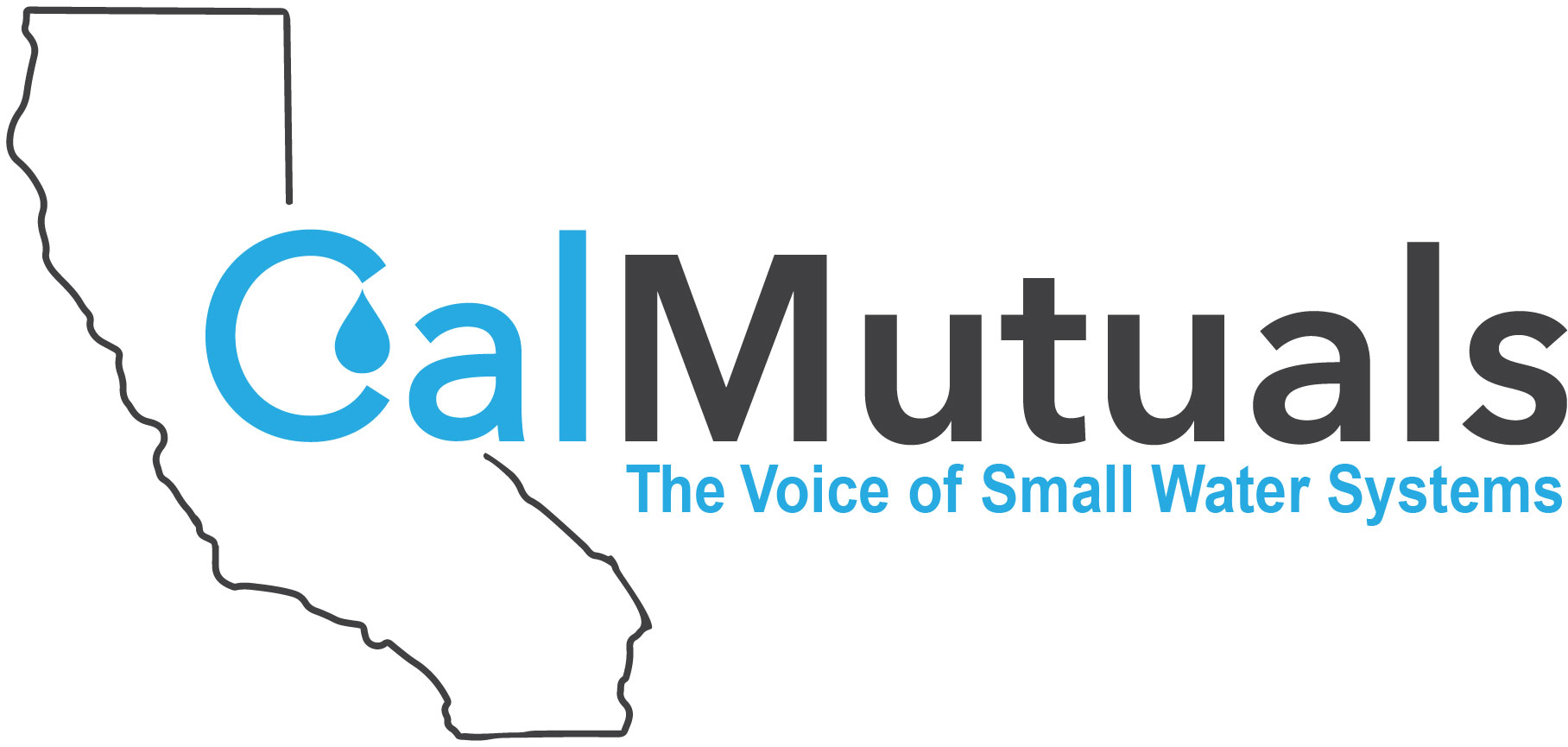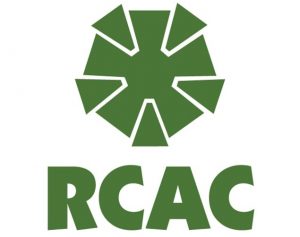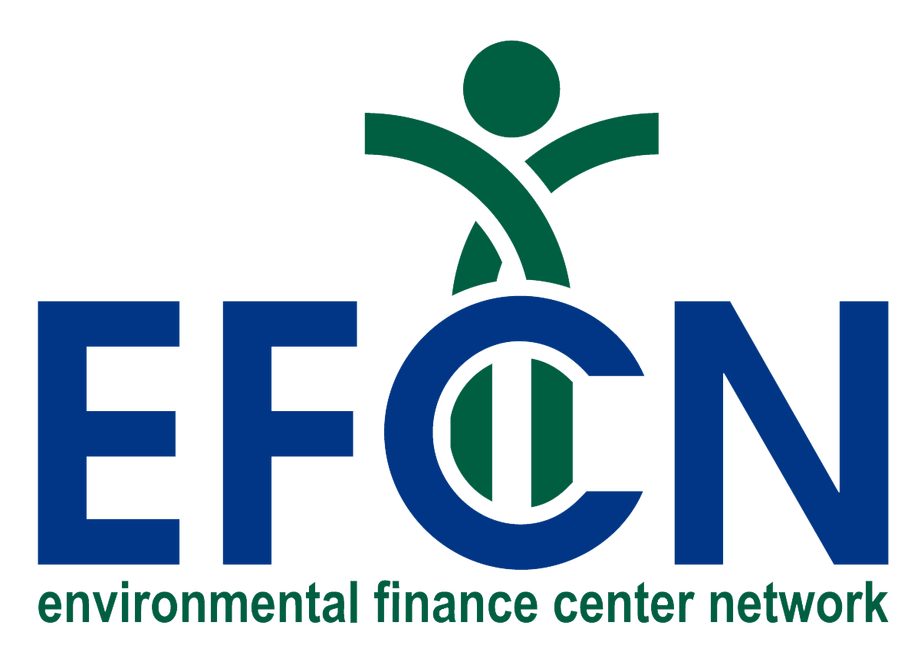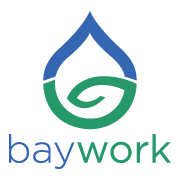RCAC: Disinfection By-Products Rule
Webinar OnlyDisinfection By-Products Rule Date & Time: August 10, 2022 | 10:00AM-12:00PM Description: Certain commonly used drinking water disinfectants can react with naturally occurring materials in the water to form disinfection by-products (DBPs), which may pose long-term health risks. The Long-Term 2 Enhanced Surface Water Treatment Rule (LT2ESWTR) and the Stage 2 Disinfection By-Product Rule (DBPR) are the second phase of regulations meant to strengthen protection against microbial contaminants, and at the same time reduce the potential health risks of DBPs. This workshop will examine the factors and causes of DBP formation and the regulatory framework of the Stage 1 and Stage 2 DBPR. This is a free training. Participants will learn: The differences between the Stage 1 and Stage 2 rules How to Calculate Locational Running Annual Averages (LRAA) and flow-weighted averaging for compliance reporting How to identify a Combined Distribution System (CDS) and whether it applies to you Alternative disinfectants and application practices that may reduce or eliminate DBP formulation Recommended Audience: Operators, managers, or water systems that chlorinate their water. Location: This training will be hosted online on GoToTraining. Registration: You must be registered prior to the date of the close of registration to receive credit. https://www.events.rcac.org/assnfe/Cart.asp?Mode=SAVENEWCRS&mlUtil_EventID=3233&mlUtil_FeeID=3068&PID= Accreditation: 2 […]





